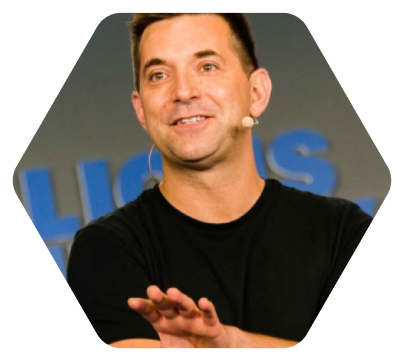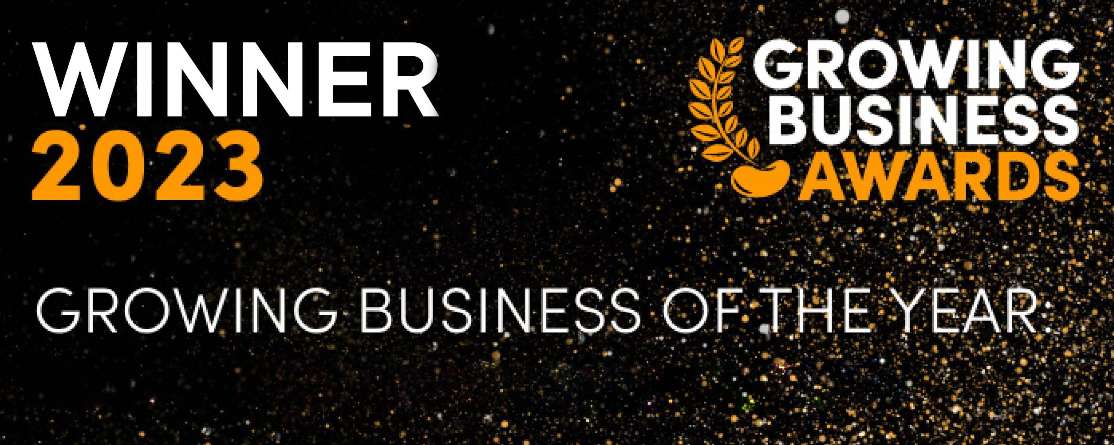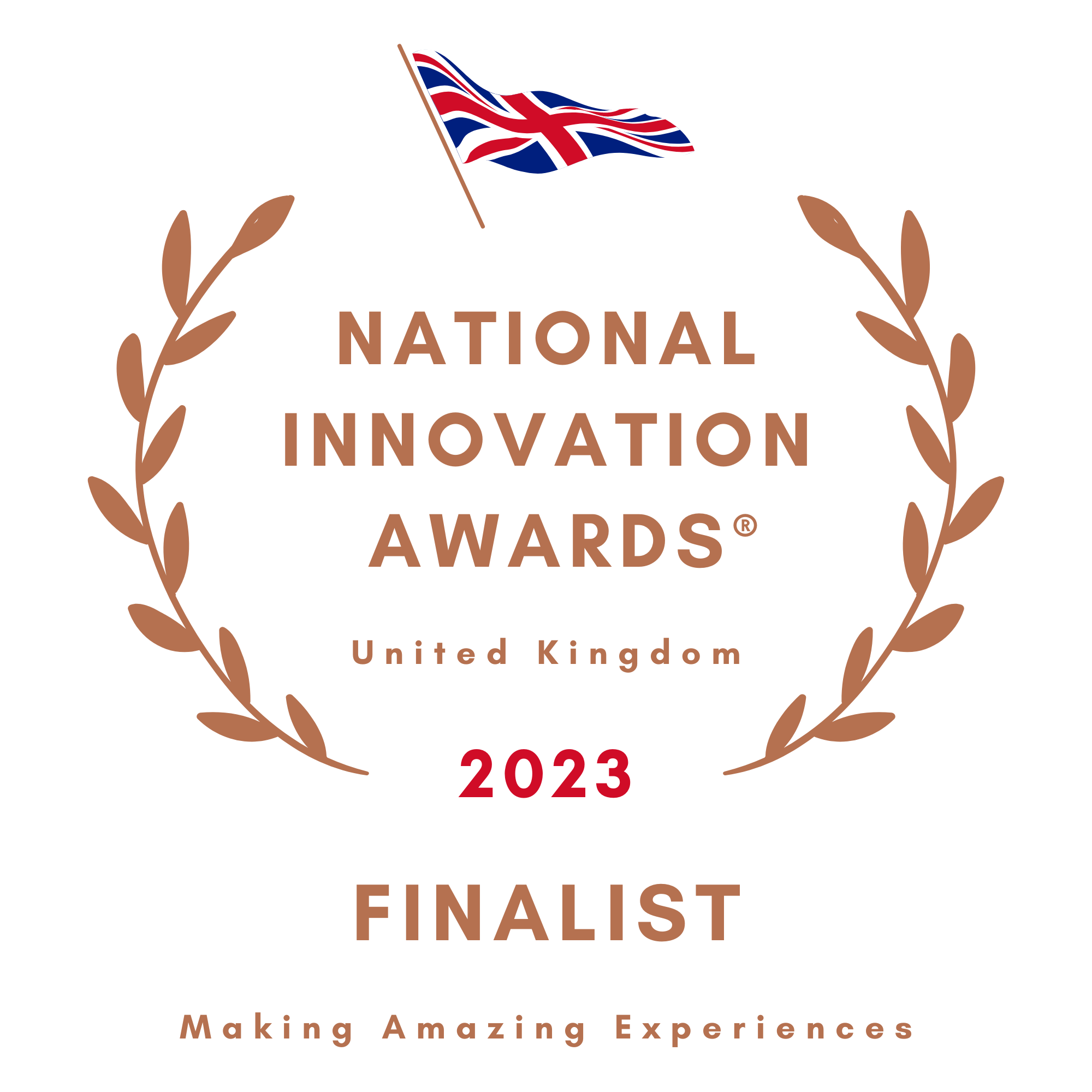Dragonfly AI is a predictive analytics platform designed to help you improve the quality and effectiveness of your creative across any format, channel and market.
The Truth about AI
It’s finally here
Steve King, CEO of Black Swan, shares why he's so excited about AI finally being here...

Steve King
How green was my Valley
I remember in 1998 sitting in a pizza and Pepsi coma writing my first neural network. It was designed to understand and predict what made music popular; what were the core elements in the beauty of rhythm and tone that we humans just found irresistible?
Turns out after a lot of late nights that my baby C++ model that there are 5 different clusters of music and most of us like a few. All of us like one cluster of songs and when you boil them down, they are pretty much a 1-4-5 chord procession. You’ve got it. The Beatles. My Baby AI never made it out of the classroom and my DJ career also failed a few years later. I’m not sure if the two are related, but now I write this I realise there’s a chance.
Back then I was convinced AI would be the most important thing that happened. I was sure that in just a decade AI would just gently take our keys off the keyboard and create a Utopia where all we had to think about was where the next Pina Colada may get it’s Rum from.
Well… that didn’t happen. We had the rollercoaster of the internet, data analytics and cloud though. They were the roads that were laid for AI to arrive as it has now. Over the fallow ”waiting for AI” years I’ve been involved in several start-ups with closed AI. All using supervised learning.
Supervised Learning?
It’s worth taking a moment to understand the different between Supervised and Unsupervised learning in AI. Supervised as it sounds, means we tell the machine it was right or wrong after giving it data and setting it a challenge. Unsupervised learning however means the machine works out if it was wrong or right, it doesn’t need our feedback or love.
Why is this important? Well it removes the human from the loop. With unsupervised learning, the only things that control how clever it gets are its limitation on data and processing. No wonder Musk and Gates are finally agreeing.
This is the end for humanity right?
Well possibly yes, and possibly no. It turns to Eldridge Cleaver’s question; Are we going to be part of the problem? Or are we going to be part of the solution?
It’s not AI’s fault it was born. It was sitting around eating pizza with me trying unsuccessfully to help me become a pop star 25 years ago. Every person using AI has a choice. How do I want to use this tool and where shall I use it? I look at Dragonfly where I work and it uses AI to predict where people will look before they even load their consciousness. It’s right that it can make better advertising for sure, but it’s wrong if we don’t use it to help in places like intensive care where milliseconds matter to save lives.
While I write this piece I am on a train. This train full of intelligent humans, scrolling social media or news algorithms, being fed fear, anger and violence because they don’t double click on why, to understand why the algorithms serve this content, or take time to get away from them and find genuine content for good.
As the new saying goes “it’s not AI that will take jobs, it’s those who use AI that will take them”


